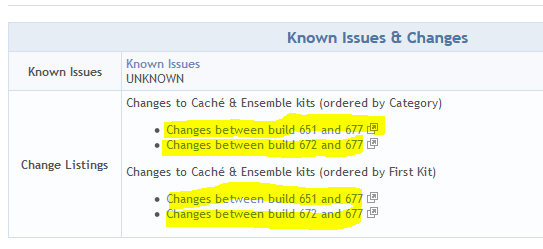Hi, Community!
And so I continue with publishing of the tasks for the Final round of InterSystems Contest on InterSystems Caché and DeepSee as a part of IT Planet Student Championship in Sochi. This year we had about 2 000 participants in InterSystems Contest.
One of the tasks for the finals was to crack the black box and another to output 9876543210!
Here's the next task: gravity!


 Beginning -
Beginning - 
